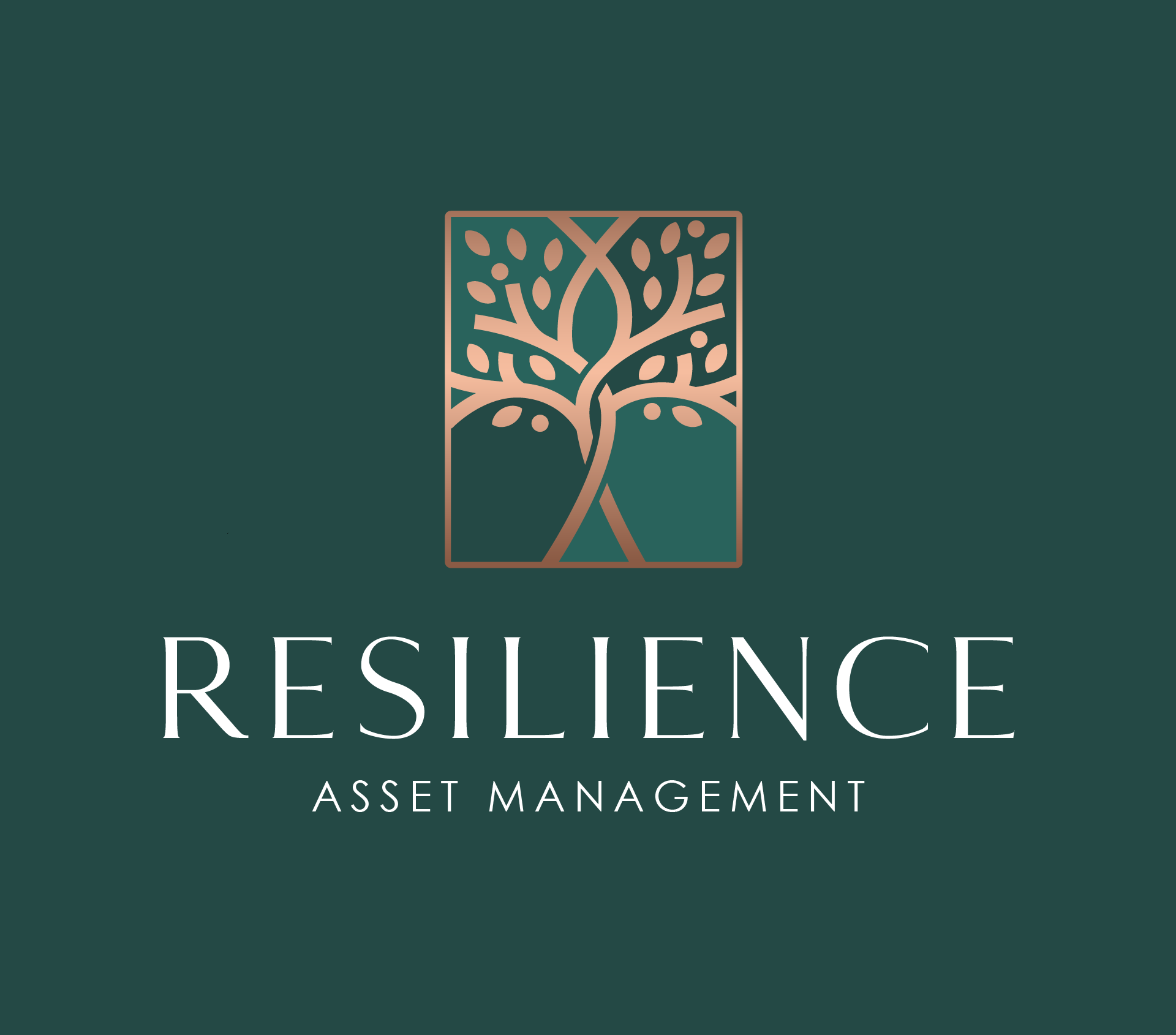Guest opinion from Olly Smith, Quilter Cheviot Investment Manager
Olly Smith, Investment Manager, Quilter Cheviot

The start of the second quarter of 2025 brought an end to the comforting narrative of Trump’s second term being an unalloyed positive for investors. The tariffs announced on 2nd April jolted markets out of their complacency and caused a spike in volatility and equities globally to plummet. Investors were caught off guard by the severity of the tariffs and the implications for US and global growth.
Fortunately, within a week the worst of the trade barriers had been postponed leaving a base level of 10% tariffs across the board (not including China) whilst US trading partners scrabbled to negotiate with a mercurial White House administration. Markets staged a relief rally and positivity was reinforced by the announcement of a bare bones trade deal between the UK and US, as well as successful Sino-American negotiations to reduce the respective levels of their duties on one another.
Despite an exceptionally volatile start to the quarter in April, investors in fact enjoyed a strong performance over the three month period, making for a positive first half of 2025 in total. US stock markets in June even set new all time highs despite the looming 9th July tariff deadline.
For investors, however, the dominant feature of 2025 after stripping out the noise around tariffs and geopolitical sparks in the Middle East has been the fall in the US dollar which has had its worst start to a year since 1973.
Whilst US stock markets have returned a respectable five per cent or so in the first half of 2025, the pound’s climb of nearly nine per cent (and nearly 14 per cent climb in the case of the euro) has turned this positive return into a net negative one for non-US dollar investors. This has been due to concerns over rising US deficits, uncertain trade policies and compounded by the broader challenge to US political, judicial and monetary institutions by an aggressive White House with very broad interpretations of executive power. There is always a danger of over-emphasising risks to the American body politic from a less than conventional operator like Trump but from an investor’s perspective, it is certainly unhelpful to have the independence of the likes of the Federal Reserve chairman challenged and adds to a wariness around the attractiveness of US assets.
Regardless of one’s political views, it is striking how positively stock markets have recovered from the lows in April. The rally on 9th April when the worst of the tariffs were postponed was the best single day for US stock markets since 2008 – beating out even news of COVID-19 vaccines or the hype around artificial intelligence breakthroughs. All major asset classes posted a positive return for the second quarter of 2025, with only US equities being in the red for sterling investors since the start of 2025 due to the depreciation of the dollar as alluded to above.
European equities have been the strongest performing asset class in the first six months of the year, returning over 14% in sterling terms, driven by some rotation away from US dollar assets and excitement around the potential for increased spending driven by Germany following the removal of their debt brake. The UK stock market has similarly performed nicely, returning nearly nine per cent since the end of 2024 and led by defence stocks benefitting from rising military expenditure and financial names boosted by the higher interest rate environment.
Despite what might strike observers as a tumultuous period – tariffs, continuing conflict in Ukraine, escalating violence in the Middle East – markets have been remarkably sanguine. Ukraine and Israel are of negligible importance from a global investment perspective, whilst Iranian risks to oil prices were mitigated by their choreographed response to Israeli and American attacks. Whilst short term moves in stock prices in April and oil prices in June have been sharp, the reversion to previous trends has been swift. This reminds us of the sharp sell offs in the final months of 2018 and the spring of 2020 when market fears heightened but were ultimately calmed and upward trajectories resumed. Whilst an understandable emotional response, panicking and missing out on days like 9th April can severely damage long term investment and wealth creation plans which is where high quality advisers such as those we work with can be immensely supportive.
Looking ahead
In terms of outlook going forwards, the threat from erratic American trade policy has not dissipated but one would hope that the US administration has learnt from the errors of April and that any changes later in July are easier for markets to rationalise. The implications from the remaining tariffs have yet to make themselves felt in corporate results so that will be a clear focus in upcoming results seasons although over the medium to longer term, we would expect high quality businesses to navigate this challenge as successfully as they did the inflation spike of 2022/23. Geopolitics will always intrude in the shorter term but we prefer to focus on longer term secular trends and avoid over-reacting to short term noise.
Questions?
If you have any questions, please speak to your Independent Financial Adviser
This is a marketing communication and is not independent investment research. Financial Instruments referred to are not subject to a prohibition on dealing ahead of the dissemination marketing communications. Any reference to any securities or instruments is not a personal recommendation and it should not be regarded as a solicitation or an offer to buy or sell any securities or instruments mentioned in it. This material is not tax, legal or accounting advice and should not be relied on for tax, legal or accounting purposes. Quilter Cheviot Limited does not provide tax, legal or accounting advice. You should consult your own tax, legal and accounting adviser(s) before engaging in any transaction.
Quilter Cheviot and Quilter Cheviot Investment Management are trading names of Quilter Cheviot Limited. Quilter Cheviot Limited is registered in England and Wales with number 01923571, registered office at Senator House, 85 Queen Victoria Street, London, EC4V 4AB. Quilter Cheviot Limited is a member of the London Stock Exchange and authorised and regulated by the UK Financial Conduct Authority and as an approved Financial Services Provider by the Financial Sector Conduct Authority in South Africa.
Quilter Cheviot Europe Limited, trading as Quilter Cheviot and Quilter Cheviot Investment Management, is regulated by the Central Bank of Ireland. Registered in Ireland: No. 643307. Registered Office: Hambleden House, 19-26 Lower Pembroke Street, Dublin D02 WV96.





